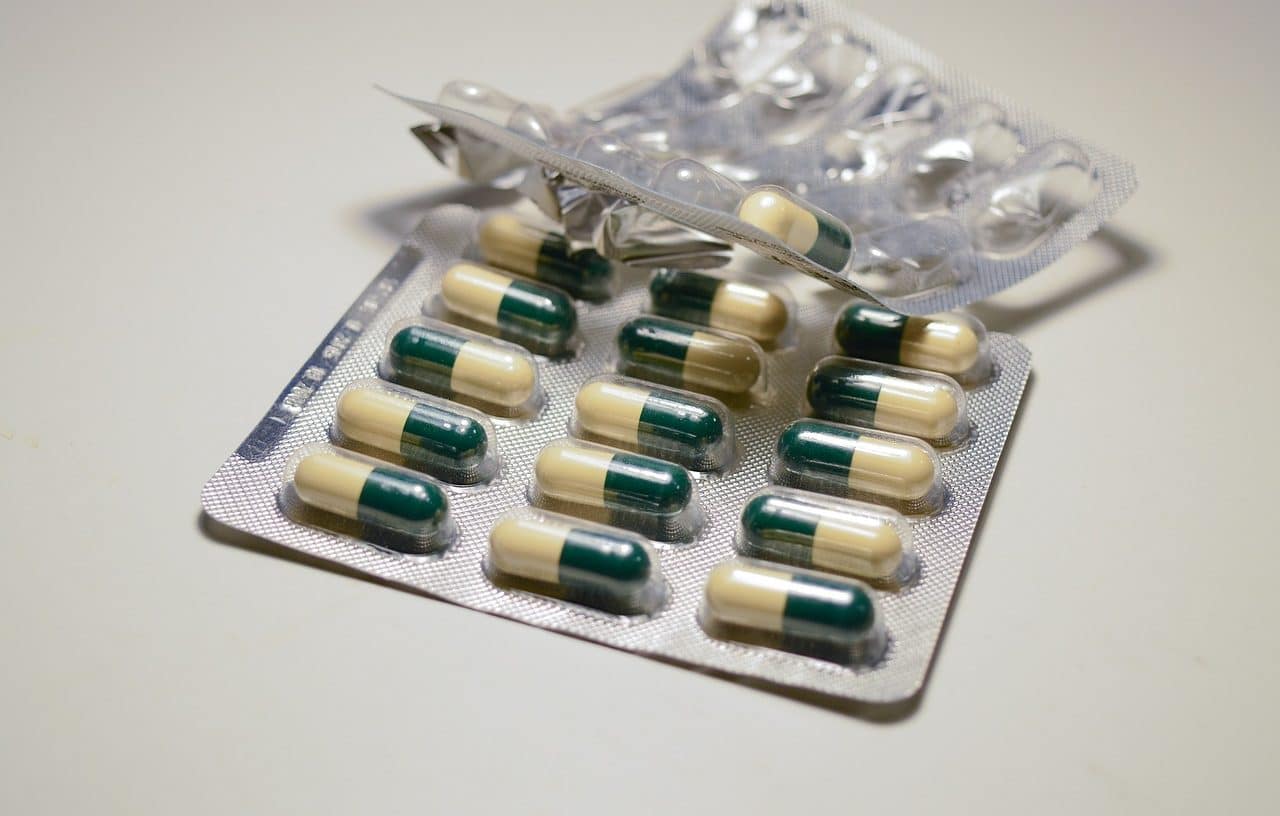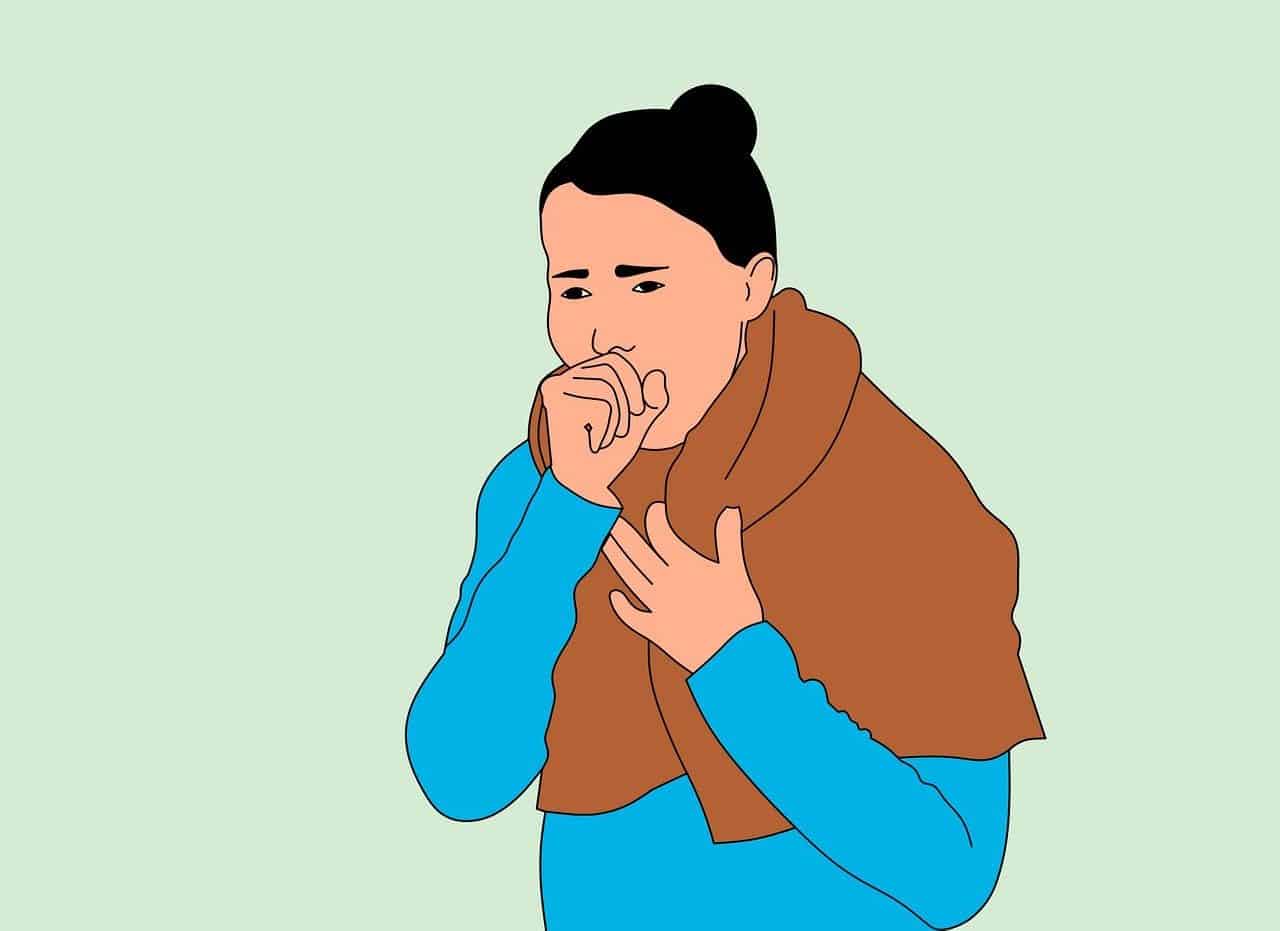
Antibiotics allow the elimination of pathogenic microorganisms.
An antibiotic is a substance that has the ability to eliminate or interrupt the growth and proliferation of various pathogenic microorganisms . This is because antibiotics can act as bactericides or develop a bacteriostatic action .
Antibiotics can be synthesized in a laboratory or produced by a living organism . They have a level of toxicity that affects pathogens, but not host organisms, beyond possible adverse reactions. That is why antibiotics are used to treat infections caused by bacteria in humans, animals and plants.
Penicillin is one of the best known antibiotics. It allows you to combat bacteria of the Staphylococcus and Streptococcus genera and Escherichia coli , among other pathogens that affect human health . Gentamicin , meropenem , and cephalothin are other widely used antibiotics.
How antibiotics work
Typically, antibiotics, when ingested by the person suffering from the infection, help defend their body from the action of bacteria . As the days go by, the local organic response manages to strengthen until it is able to reverse the infectious process.
It is important to mention that, when the infection is viral (caused by a virus ), antibiotics are not effective. On the other hand, if antibiotics are consumed in a way that is not correct in terms of dosage or frequency, bacteria can become resistant, aggravating the problem. That is why it is essential to consult a doctor and not self-medicate.

Various infections caused by bacteria can be treated with antibiotics.
Bacterial resistance
The phenomenon known as bacterial resistance occurs when bacteria become resistant to certain antibiotics, so that they cannot kill them or prevent them from continuing to grow. One of the reasons why this may occur, as mentioned in the previous paragraph, is that the antibiotic is consumed too frequently; On the other hand, it may also be due to the patient not taking all the medications that have been prescribed, believing that the cheapest ones are enough, for example.
When this happens, there are different ways to effectively counteract the action of bacteria. One of them, perhaps the most common, consists of opting for an antibiotic to which the bacteria have not had the opportunity to create resistance. In some cases, it becomes necessary to administer the drug intravenously. It is worth mentioning that it is not always possible to combat bacteria that have become resistant .
Inappropriate use of antibiotics
With regard to self-medication and inappropriate use of antibiotics, it is first important to distinguish between serious illnesses and temporary illnesses, which can disappear if we allow our natural defenses to act. We must not forget that we are the only living beings "dependent" on medicine , and that we often come to believe that all the answers are in this science because we do not listen to our own body.
When faced with problems such as the flu and the common cold, it is best to let our body fight them naturally; In fact, since they are viral diseases, we should not take antibiotics in these cases. Of course, we can strengthen our defenses with a good diet of fruits and vegetables rich in essential vitamins and nutrients.
Other diseases generally caused by viruses, which is why they should not be treated with antibiotics, are bronchitis, sore throat, some ear infections and nasal congestion. However, bronchitis can be related to the presence of bacteria in the lungs, just as a sore throat can be due to pharyngitis due to streptococcus bacteria and certain ear infections can arise from the action of a bacteria; When in doubt, it is always recommended to consult with a health professional.
